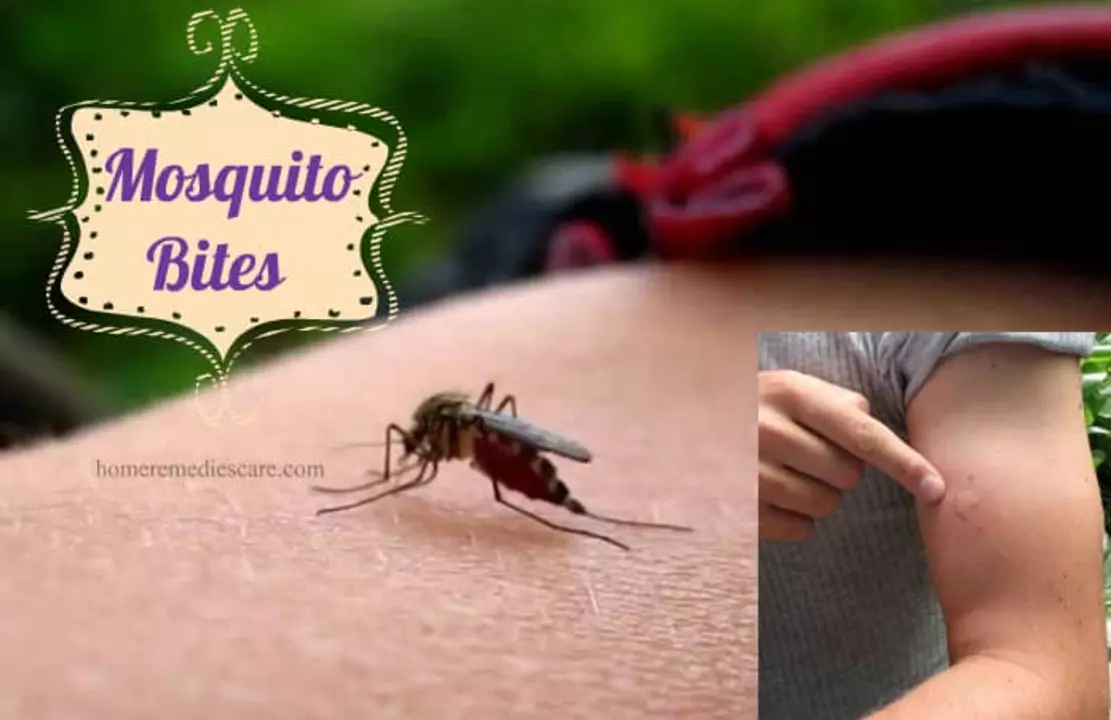Insect bites: quick help and smart prevention
Got bitten and not sure what to do? Most insect bites cause itching or mild swelling and clear up on their own. A few are more serious — knowing the right first aid and when to get help keeps things simple and safe.
First aid for bites and stings
Start by cleaning the area with soap and water. That lowers infection risk. For most bites, a cold pack for 10–15 minutes reduces swelling and itch. Take an over-the-counter oral antihistamine like cetirizine or loratadine if the itch is strong — follow the package directions. A 1% hydrocortisone cream applied once or twice daily can help calm inflammation for a few days. Avoid scratching: it makes the skin break and invites infection.
For bee stings, remove the stinger quickly by scraping it off with a flat edge (credit card works). Don’t squeeze the sac — that can push more venom into your skin. For wasp or hornet stings, treat the same way: clean, cold pack, and antihistamine if needed.
Treating mosquito bites is mostly symptom control: clean, cold compress, antihistamine, and topical steroid if itching lasts. For bites that blister or look infected (increasing redness, warmth, pus), see a doctor — you may need antibiotics.
Ticks, bedbugs, and bites that need attention
Ticks are different. Use fine-tipped tweezers to grasp the tick as close to the skin as possible and pull straight up with steady pressure. Don’t twist or crush the tick. Save it in a sealed bag or container — some regions offer testing. If the tick was attached for more than 36–48 hours or you see a bull’s-eye rash, contact a healthcare provider about possible Lyme disease or other infections.
Bedbug bites often appear in lines or clusters and itch a lot. They don’t usually spread disease, but the itch can be intense. Wash bedding in hot water, vacuum, and call an exterminator to stop ongoing bites.
Watch for signs that mean you should seek immediate care: trouble breathing, swelling of the face or throat, dizziness, fainting, a rapid heartbeat, or severe whole-body hives. Those are signs of a severe allergic reaction and need emergency treatment, including epinephrine if prescribed.
Prevention matters: use EPA-registered insect repellents (DEET or icaridin), wear long sleeves and pants at dawn and dusk, treat clothing with permethrin for tick-heavy areas, and remove standing water around your home to cut mosquito breeding. Use bed nets and mattress covers in areas with bedbugs.
If a bite doesn’t improve after a few days, gets worse, or you develop fever or spreading redness, get medical advice. Small steps at the moment of a bite—cleaning, cooling, and watching for warning signs—prevent most problems and keep you back to normal faster.

The role of stress in exacerbating anal itching and irritation from insect bites
May 14 2023 / Health and WellnessIn my recent exploration of the connection between stress and skin irritations, I discovered that stress can actually worsen anal itching and irritation from insect bites. It turns out that stress triggers our immune system to release certain chemicals, leading to increased inflammation and itchiness in affected areas. Additionally, when we're stressed, we tend to scratch more, which can further aggravate the irritation. So, managing stress levels is essential not only for our mental well-being but also for our physical health, especially when dealing with annoying insect bites. To sum up, reducing stress can help alleviate the discomfort caused by anal itching and insect bite irritations.
VIEW MORE